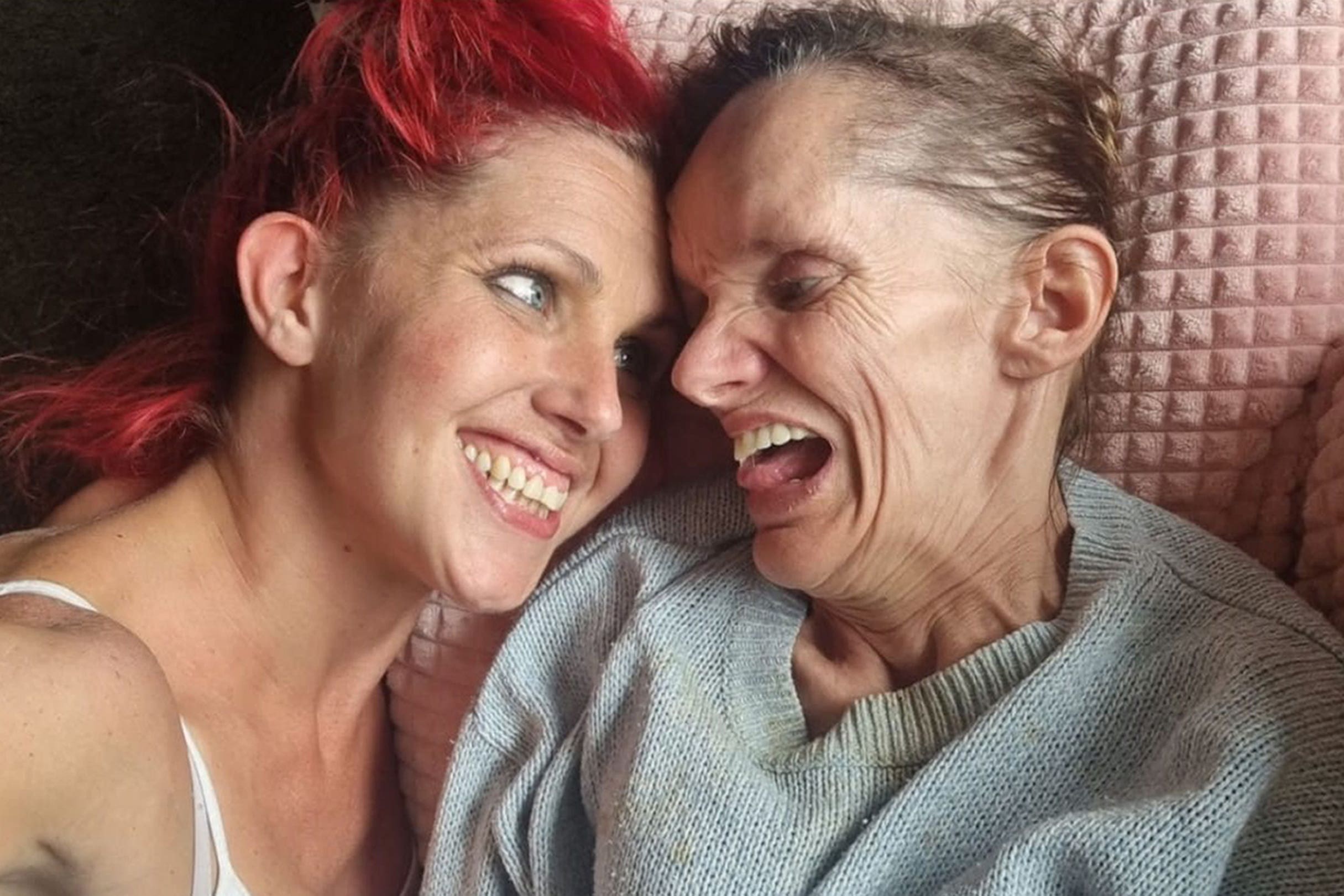Scientists offer hope for ultra-rare disorder that has plagued the north of England
Neuroferritinopathy is an incurable brain disorder with no treatment

Scientists are hoping to be able to treat an ultra-rare genetic disorder that has plagued families living in the north of England.
Neuroferritinopathy is a progressive and incurable brain condition that leaves sufferers unable to speak or swallow. It is thought to affect about 100 people worldwide.
The condition was discovered more than 20 years ago when a British scientist began studying a family in Cumbria who thought they had an inherited risk of either Parkinson’s or Huntington’s disease.
Research into the ancestry of families in the area by Professor John Burn, an expert at Newcastle University, discovered that almost all the known cases were likely to be descended from the same ancestor.
The disease was traced back to the 18th century in Cockermouth in Cumbria, and to families with the surname Fletcher.
People affected are thought to have common ancestry with Fletcher Christian, who in 1789 led a notorious mutiny on HMS Bounty.
For the new clinical trial, led by the University of Cambridge, an existing drug, deferiprone, will be given to 40 patients, who will take the medicine for a year.
Deferiprone is already used to remove excess iron from the bodies of patients with thalassemia, sickle cell disease, or anaemia who have blood transfusions.
This makes it an ideal candidate for treating neuroferritinopathy, which leads to the build-up of iron in the brain.
During the trial, which is being funded by LifeArc, a non-profit medical research organisation, patients will undergo a very sensitive type of MRI to monitor the brain’s iron levels.
Experts believe the research could pave the way for the treatment to be used for other neurodegenerative conditions, including Parkinson’s disease.
Patrick Chinnery, trial lead and professor of neurology at the University of Cambridge, said: “Neuroferritinopathy leads to severe disability and currently has no cure. The DefINe trial will show whether we can stop the disease in its tracks by pulling iron out of the brain using a well-known medicine called deferiprone.
“By funding this study, LifeArc has given the first hope of a treatment for affected families. If successful, the trial will open the possibility of using a similar approach for other neurodegenerative conditions linked to the build-up of iron in the brain, including Parkinson’s disease.”
LifeArc has contributed £750,000 to the project, and Lipomed, a Swiss life sciences company, has offered a generic form of deferiprone.
Samantha Denison, a patient hoping to participate in the trial, said: “It came as such a surprise to be informed of the trial and to learn that we have not been forgotten about. To have the chance to be involved in the trial gives me such hope. If it can help to slow or stop the condition progressing, that would be a huge relief.
“Just to know that by taking part we could also be helping future generations is amazing.”
Elizabeth Taylor, 59, from Rochdale, has neuroferritinopathy, which has gradually caused the loss of speech and movement. She now depends fully on her husband, James, and daughter, Penny, for care.
Ms Taylor is one of four sisters who all have the condition, and they are all known descendants of Christian.
Penny Taylor, who has become her mother’s main carer, said: “This trial means everything to our family. If it’s successful, it will break the curse that has been on our family for generations.
“It’s not just about improving things for my mum and her sisters – it could potentially stop younger generations in our family from ever developing it.”
Dr Catriona Crombie, the head of LifeArc’s Rare Disease Translational Challenge, said: “Drug repurposing trials like this are an increasingly effective way of taking treatments that have already been approved and applying them to new conditions and diseases. This will help unlock new treatments for conditions that currently have few, if any, available.
“We are committed to supporting pioneering translational research from the lab through to the clinic, to provide treatment options for patients who urgently need them.”
Dr Chantal Manz, chief scientific officer at Lipomed, said the firm is providing deferiprone 500mg film-coated tablets and matching placebo tablets.
Subscribe to Independent Premium to bookmark this article
Want to bookmark your favourite articles and stories to read or reference later? Start your Independent Premium subscription today.
